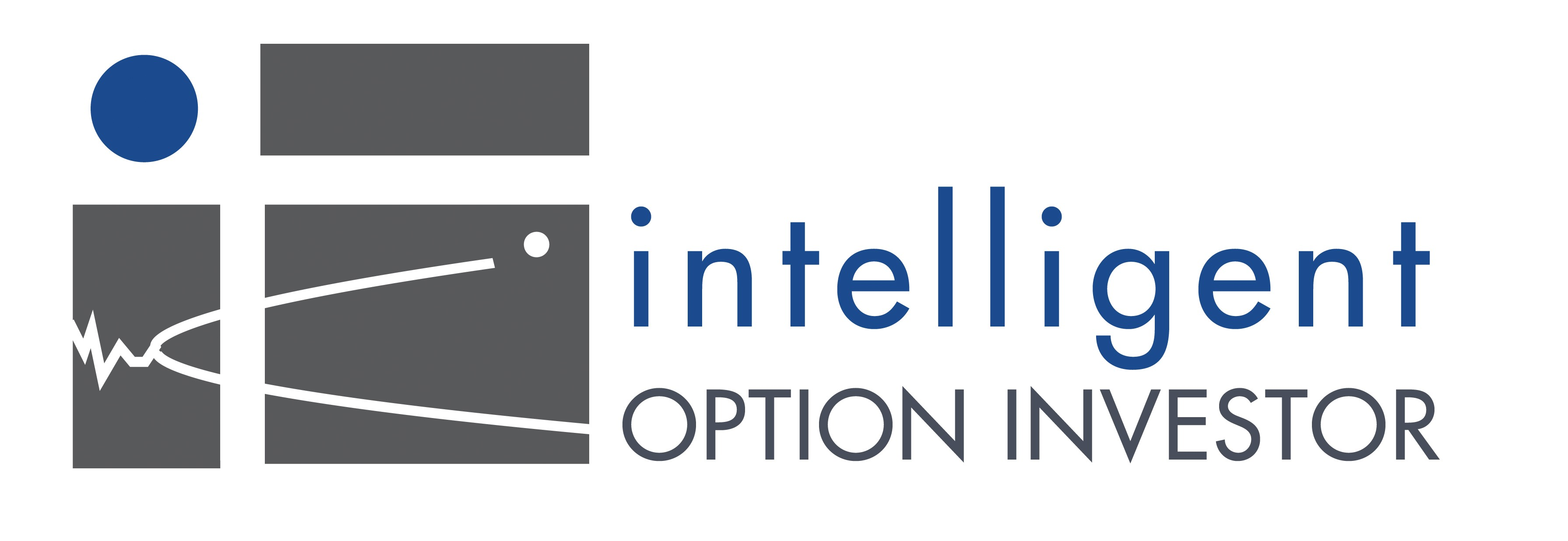“Nobody out there cared about the success or failure of my investments as much as I did.”
– Jim B. Ohio, 65 years old, retired.
This is a simple truth for any individual investor. In the end, we are the ones left with the results of our investments. How they did for us over a given period affects whether or not we have been able to do some things we wanted to do, pay for colleges, provide for others less fortunate or leave behind a legacy for family.
In every household there is someone who is responsible for the investments. This is true for a single person, a family or a family office manager (like me) who is managing investments not only for his or her nuclear family, but also for extended family. We uniquely OWN the outcomes of our investment decisions.
The role of paid managers (financial advisors, fund managers, etc.) has received much debate of late, particularly as the Department of Labor in the US has sought to implement a fiduciary standard for all advisors. This, coupled to the meteoric growth of Exchange Traded Funds and Notes and the rise of “passive investing” have collectively provided much fodder about the role of active management in an investment portfolio.
For us, Household Investment Managers all, we believe most of the above is noise relative to the first question on the table.
Am I prepared to be responsible for the outcome of my investments?
To answer this, we must be willing to examine our level of preparedness for this task given the relative importance of the outcome to our quality of life.
Don’t leave your investment results to chance!
Effectively managing one’s investments seems to us to be a pretty important life skill – no matter one’s age or life stage. Handing this off blindly to someone else or an algorithmic investment tool does not make much sense given that both of those entities “get paid” (their outcome is known) while our investments are doing whatever they are doing. Closing one’s eyes and hoping for the best is not a strategy for success, yet, based on the investor data we see, it is much of what’s actually happening.
Here is a short checklist of 10 things to consider when evaluating one’s level of “preparedness” to own the outcomes of his or her investing.
- Do I know my investing objectives? Are they written down in clear language somewhere and updated, say, annually? What am I trying to achieve and what asset value do I require to do so?
- Do I understand how I go about making an investment decision? What are my important biases and blind spots?
- Do I understand the concept of “compounding” and it’s effects on my asset base over time?
- Do I know what it means to own a “share” in a Company? What does this asset class entitle me to as an owner and how is it different from a bond or stock option or ETF?
- Do I know how and why a company has “value”? Do I understand where it’s value comes from and why it might go up or down? (This is an important skill no matter if you are investing in single name individual companies or if you are investing with funds or ETF’s. Those entities are just single companies aggregated into a single “share” based on some set of screening rules.)
- Do I understand what “risk” is to me? (Hint: for most investors risk has little to do with price volatility.) Do I know what risks I am taking with my specific investments? Am I measuring it?
- Do I recognize and understand the incentives and motivations of other market participants like financial advisors, brokers, large institutional investors, market makers and funds? These things can impact the specific investment instruments placed into portfolios as well as the specific investment counsel given on them.
- Do I have a kind of set process that I go through each time I decide to make an investment decision? What is it? Does it make sense when I write it down on paper and look at it? Have I reviewed this process with someone more experienced?
- Do I know how to measure how my investments / investment managers are performing? What benchmarks am I setting as “minimums”? (Hint: this is connected to both value understanding and one’s definition of risk)
- Can I easily tease out all the fees I are paying to maintain my investments and assess how those fees are impacting my returns?
That’s it. If you can confidently answer at least the above items, a case can be made that a foundation exists from which to own the outcomes of your investments.
For us at IOI, investing is a lifelong learning process. It is something that we are working to improve on each day and we want this endeavor to benefit you, our subscribers, directly. But we are not the sole source of knowledge on this. As owners of our investments, we should be looking for ways to improve our investment understanding and skill set at every turn. In some very tangible ways, our quality of life depends on it.
Take control of your investment results – YOU CAN DO IT!
In the meantime, invest intelligently.
